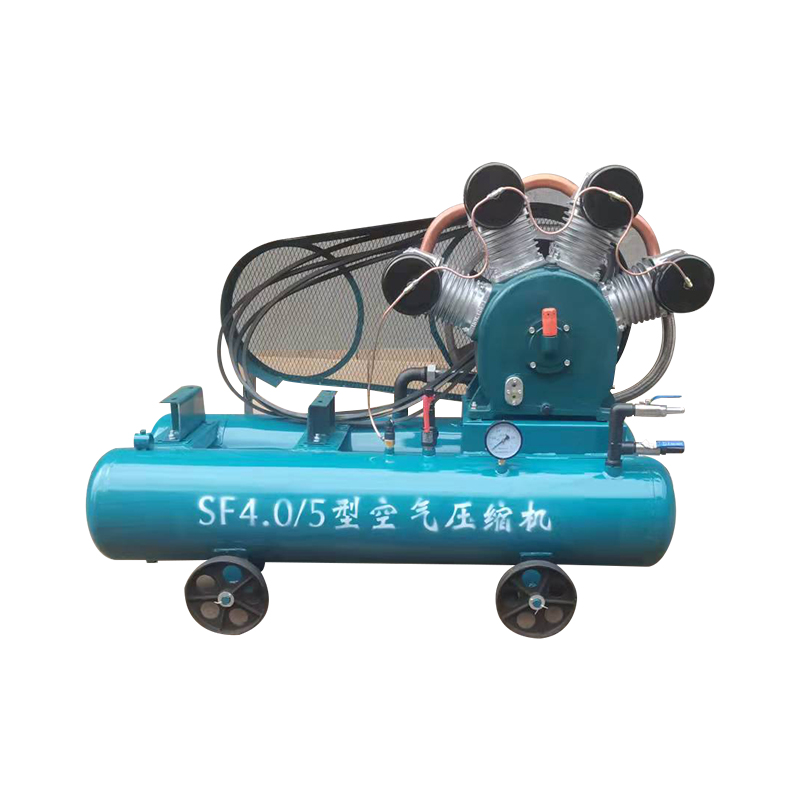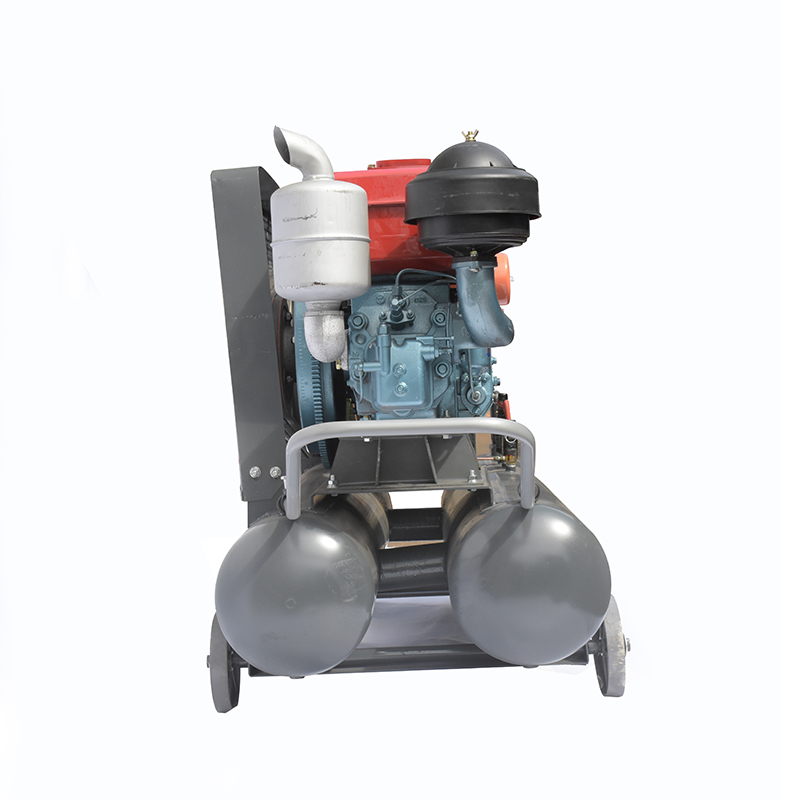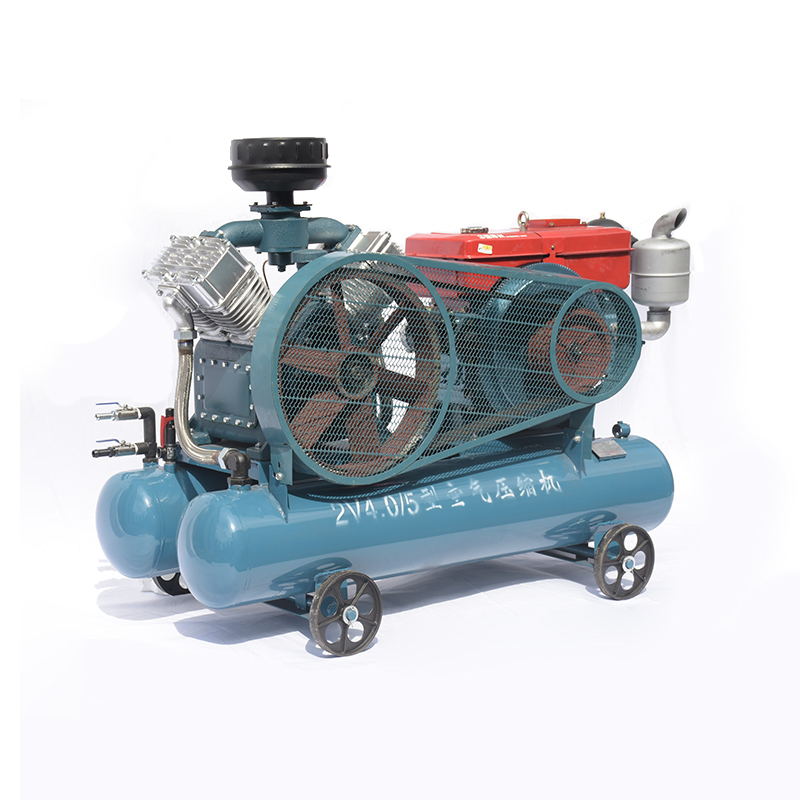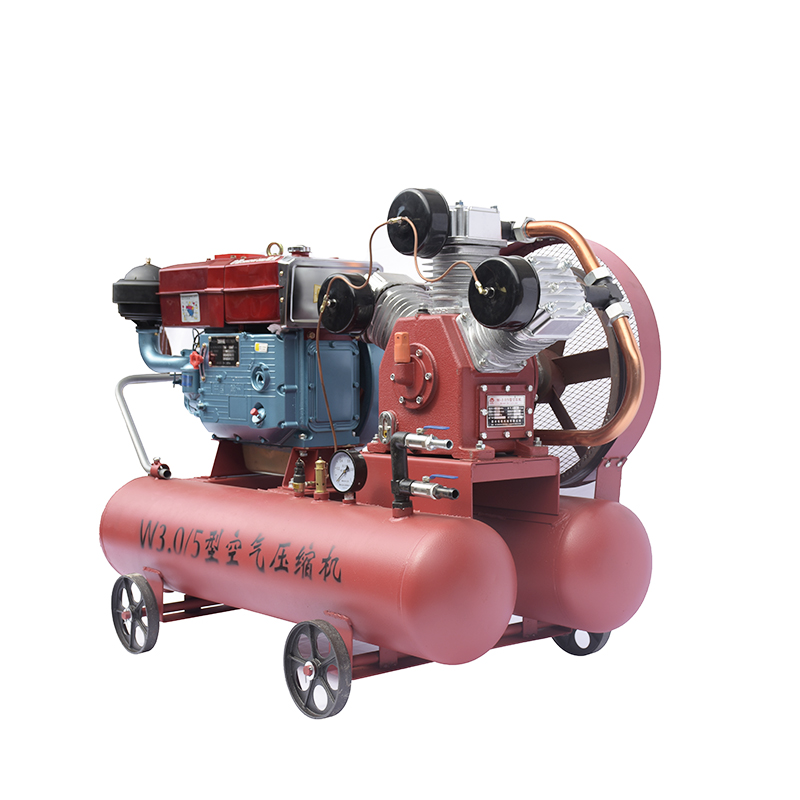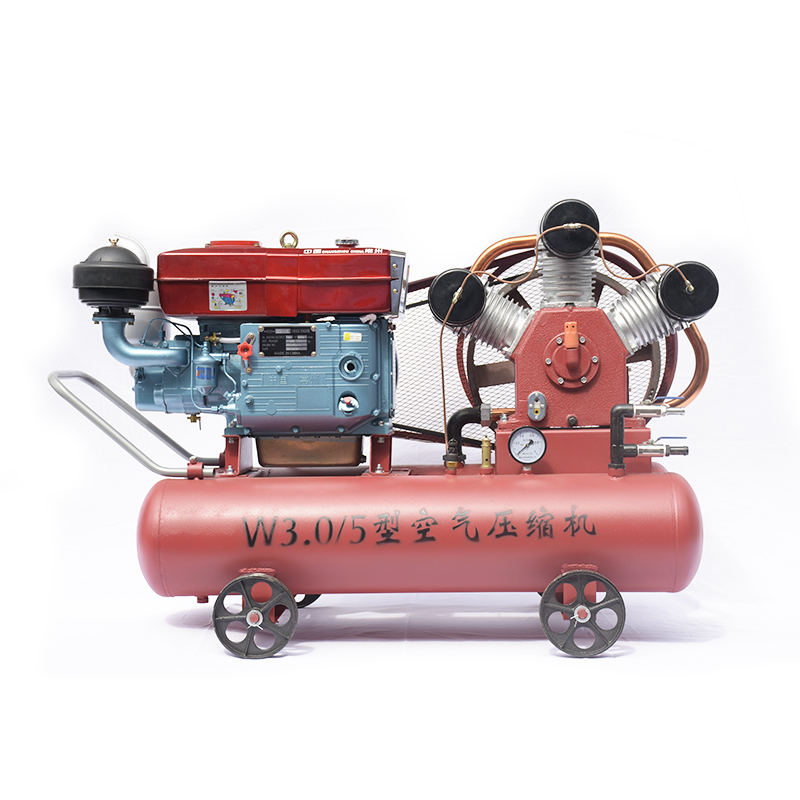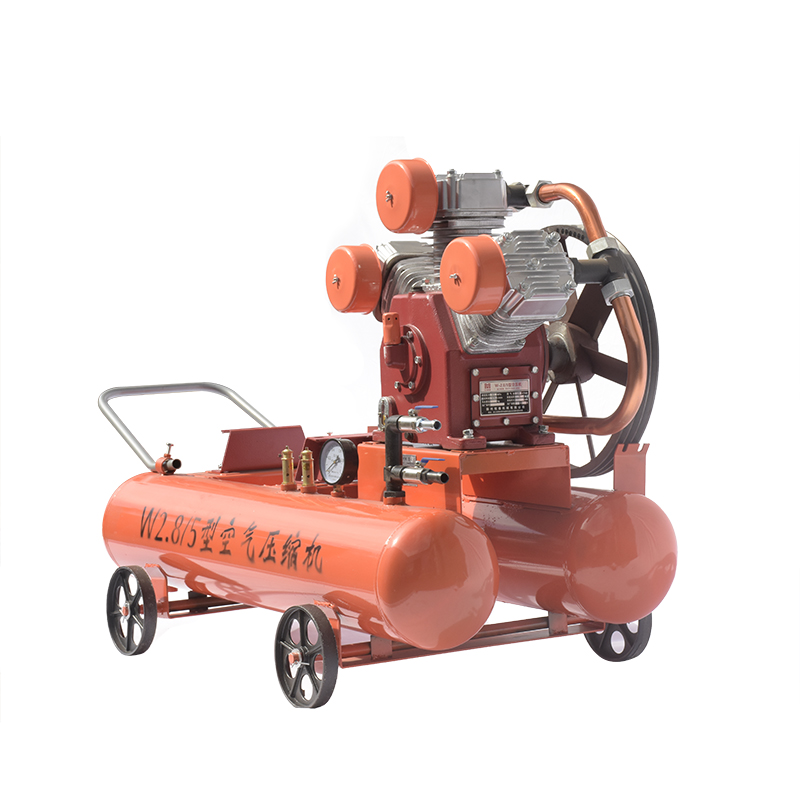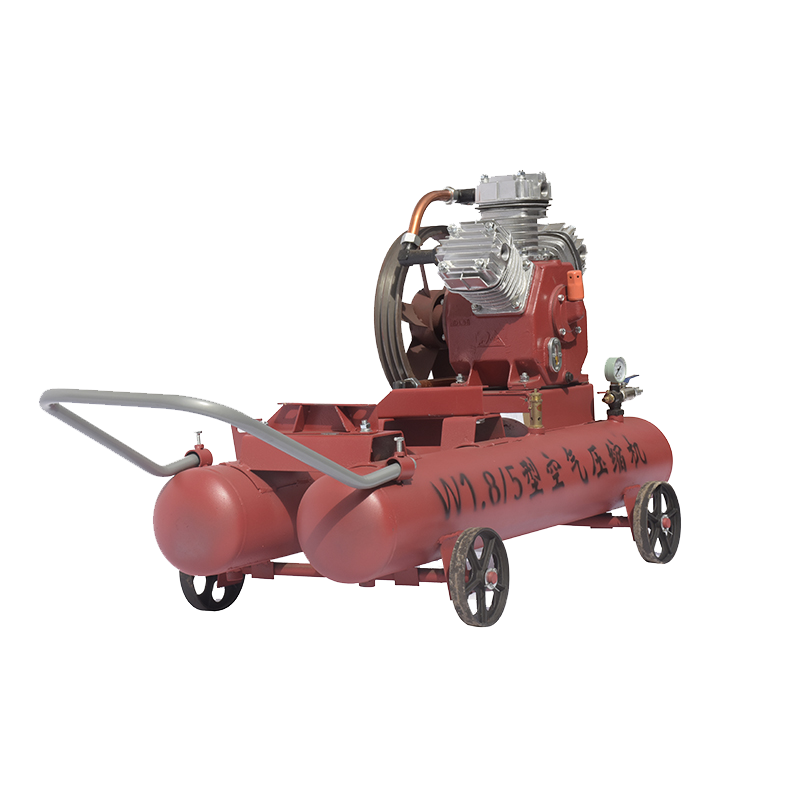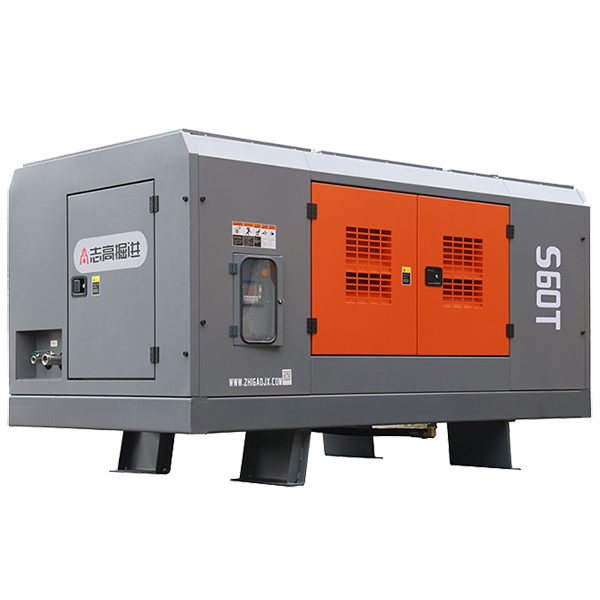A gas compressor that leverages a rotary-type positive-displacement mechanism is known as a rotary screw compressor. Its use is widespread for applications that require vast volumes of high-pressure air, such as major industrial undertakings or to fuel powerful air tools such as jackhammers and impact wrenches. In addition, rotary screw compressors form a crucial element of natural gas pipelines and numerous other operational processes.
Picking the Perfect Rotary Screw Compressor
Opting for a rotary screw compressor requires deliberation since a number of components must be taken into account. Key considerations include the pressure and volume of air needed, the specific purpose, and the conditions that the compressor will operate in. Additional elements to keep in mind are the power source, mode of operation (electric or gas), and what kind of upkeep and servicing it would require.
To pick a rotary screw compressor that best suits your needs, the type of pressure and airflow you need is of utmost importance. For instance, if you’re looking to power a workshop, a mini compressor should do the job. But, if you need to cover industrial-level equipment, you’ll need something with more substantial power and capacity.
No matter what project you are intending to use the compressor for, it is important to consider the available configurations. From portable units that can be taken onsite to stationary machines that are designed for factory or workshop use, and even vehicle-mounted compressors, there are different varieties with their own unique set of benefits and drawbacks. For instance, a portable compressor could be the perfect tool for bringing to a farm or construction site, while stationary compressors are best suited for a more fixed environment.
When choosing a compressor, it is important to look at the environment it will be used in. Depending on one’s needs, there are both oil-free and oil-lubricated models available. Although more costly, the oil-free compressors tend to be more low maintenance. In comparison, oil-lubricated compressors are less expensive but involve more frequent care.
When it comes to energy, two primary sources dominate the world of compressors: electricity and gas. Each power source brings something distinct to the table: while electric compressors typically cost more upfront but require less upkeep, gas models tend to be less expensive but come with more frequent maintenance demands.
When purchasing a compressor, it is important to consider the type of drive. Electric and gas models are both available, each with their own set of pros and cons. Electric compressors may be more costly, yet require less upkeep; whereas gas compressors may be an economical option, yet may need to be serviced more often.
Purchasers of compressors must weigh the pros and cons of oil-free and oil-lubricated models in terms of maintenance. Oil-free compressors may be pricier, yet take significantly less effort to maintain as they have fewer service intervals. While cost-effective, oil-lubricated compressors may necessitate regular upkeep considering the greater number of maintenance needs.
Post time: 2023-06-19


